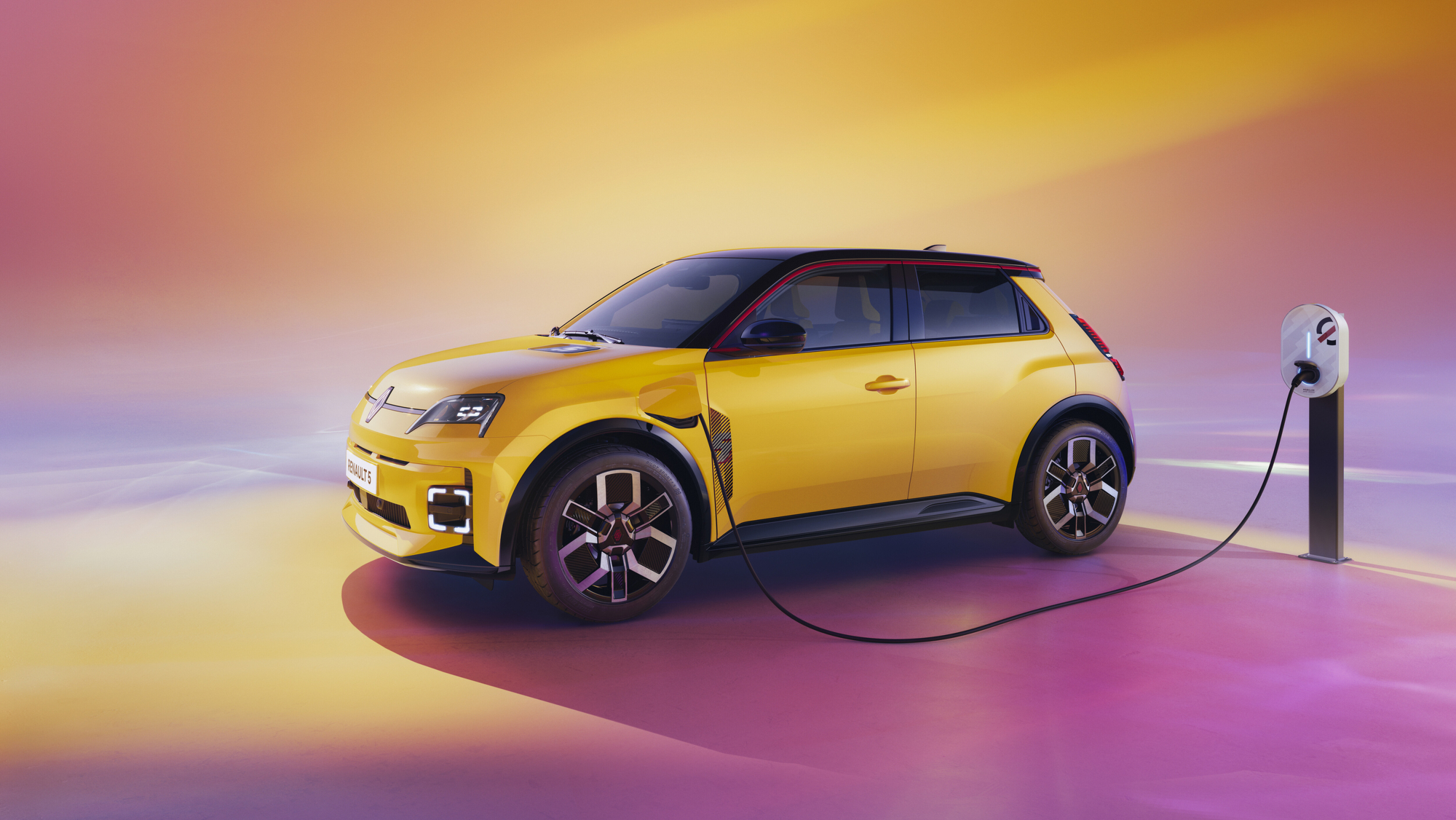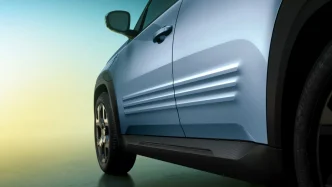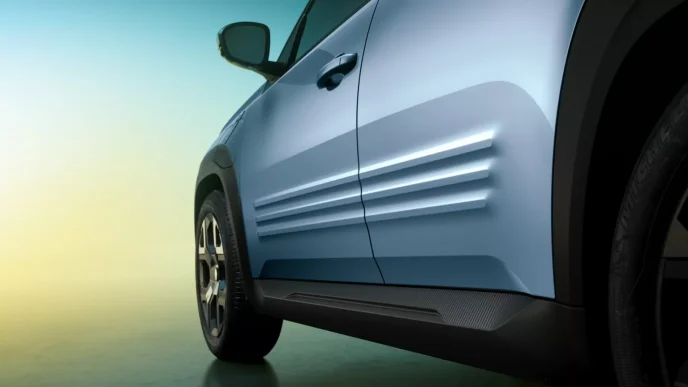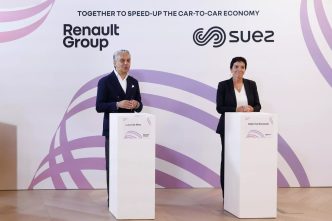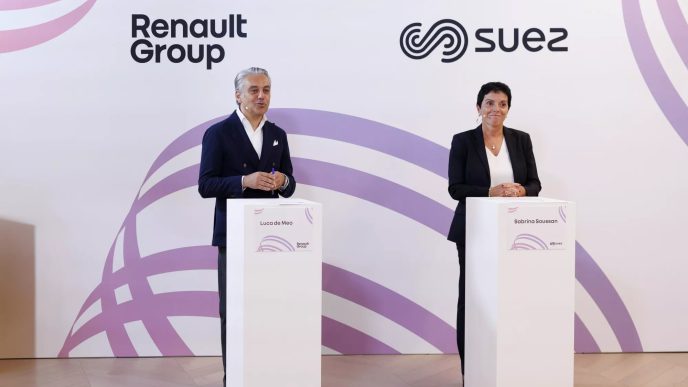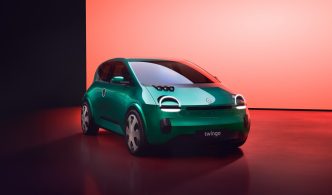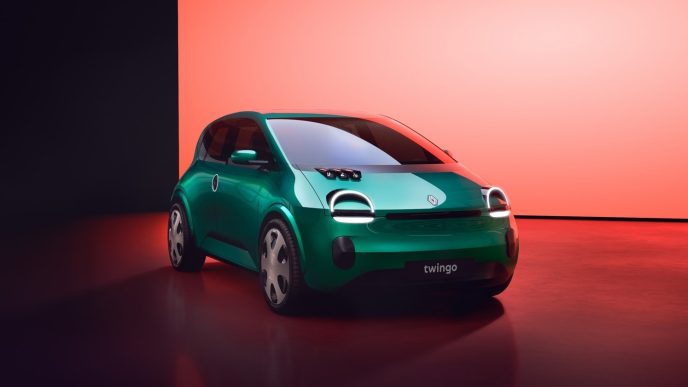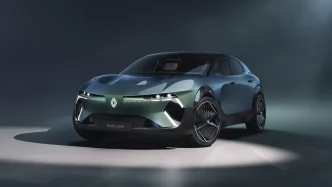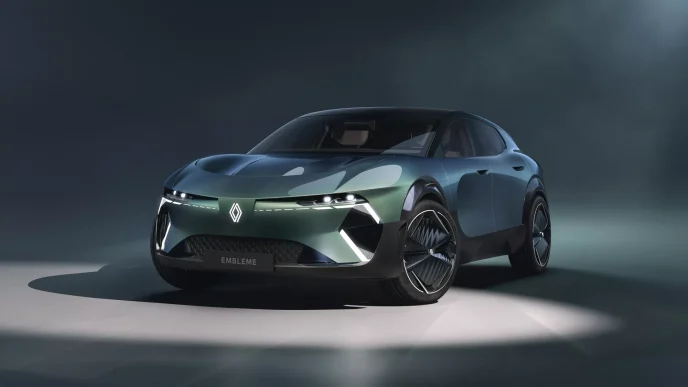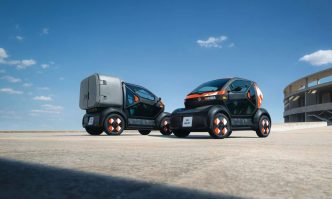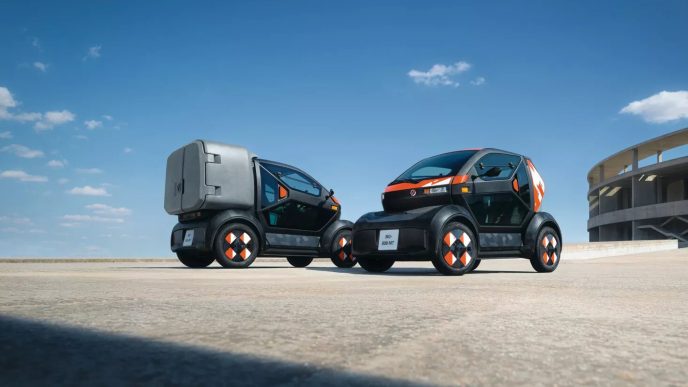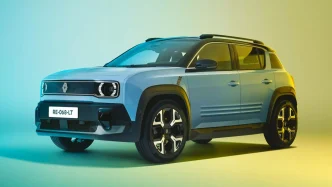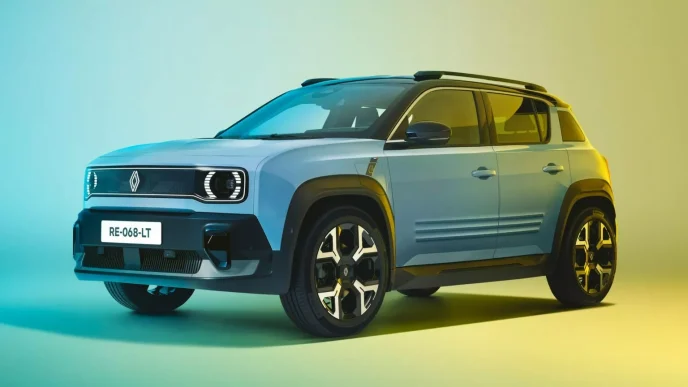Renault CEO Luca De Meo has raised concerns about the pace of transitioning to electric vehicles (EVs) in Europe, emphasizing the need to reduce costs to achieve the company’s EV objectives.
Speaking to business daily Les Echos, De Meo highlighted the significant role of the transition in reducing global carbon emissions and its impact on the automotive industry and environment.
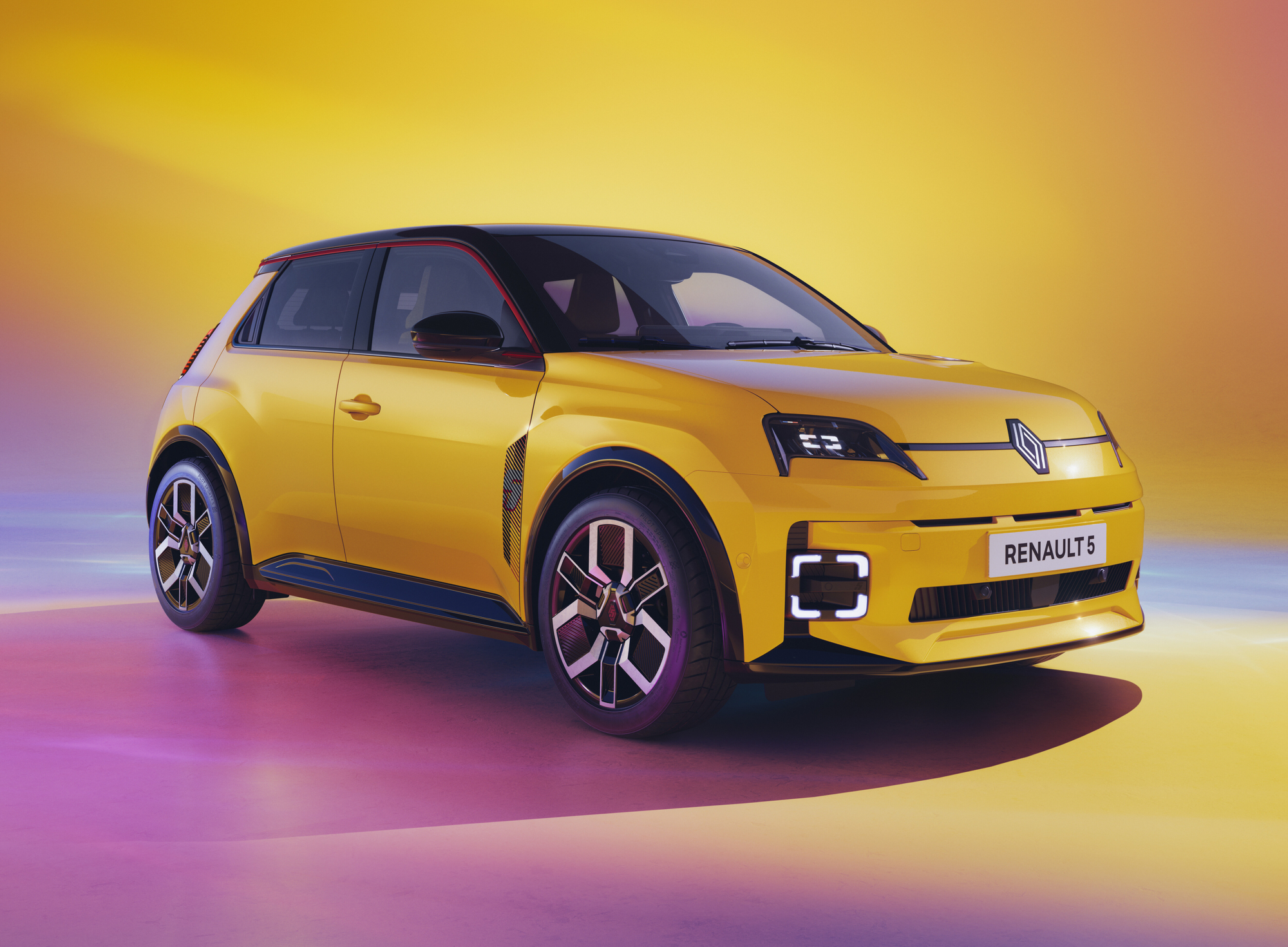
The recent EU elections, which occurred amidst weak demand for EVs, have intensified discussions on the EU’s 2035 ban on sales of diesel and petrol cars, scheduled for review in 2026.
De Meo, who also chairs the European car lobby group ACEA, stated, “We need a little more flexibility in the schedule,” but cautioned against abandoning the goal entirely. “However, it would be a serious strategic error to purely and simply abandon the objective because of the current market slowdown.”
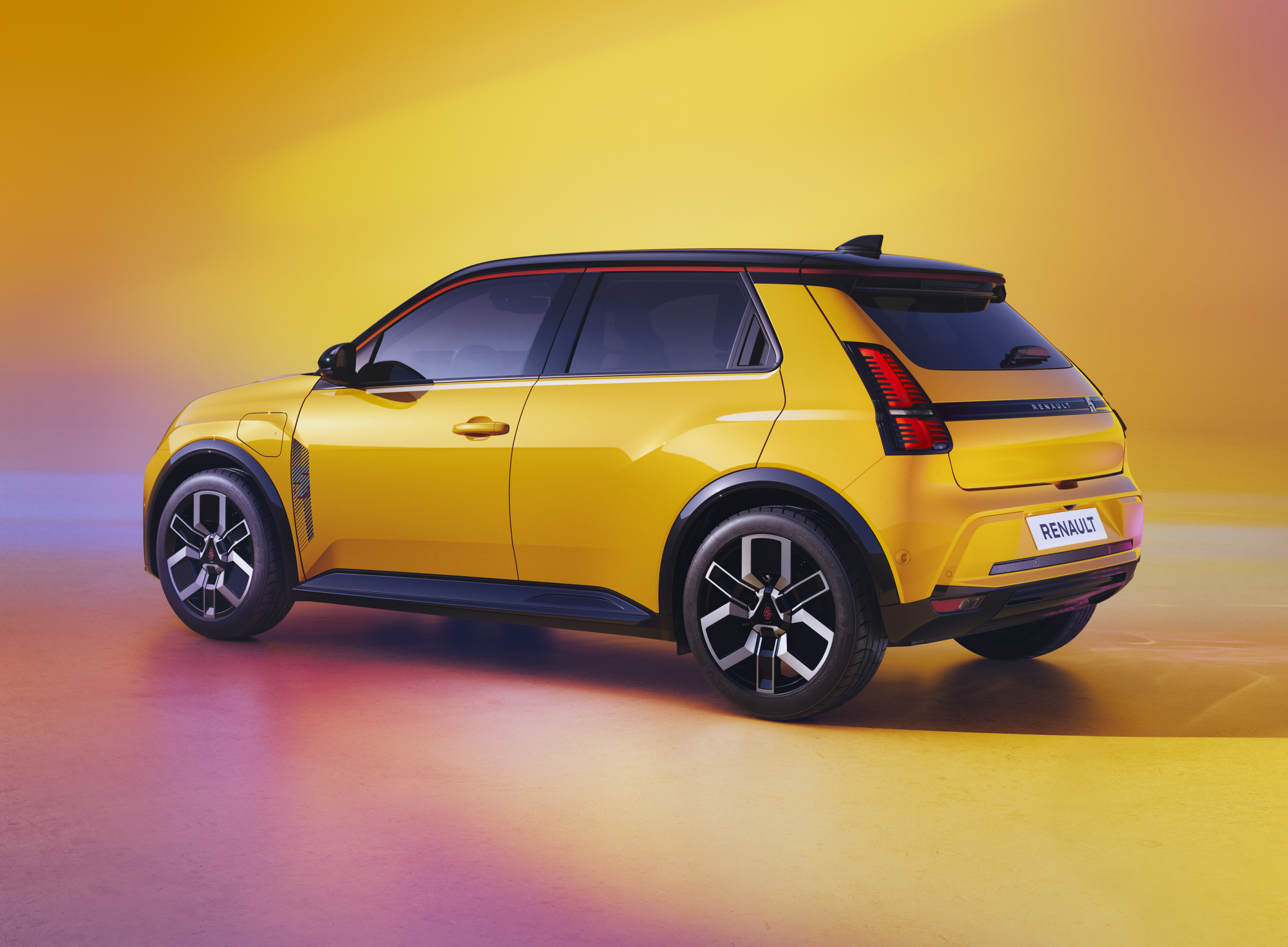
Addressing Renault’s aim to shift 100% of its European car production to EVs, De Meo acknowledged the challenges posed by the weak domestic market. “The truth is we are not yet on the right trajectory to achieve 100% electric cars by 2035. That’s the truth. If customers don’t follow us, we’re all responsible. We need to cut costs,” he said.
The automotive sector is grappling with regulatory uncertainty, competition from China, and a cost-of-living crisis in home markets, all of which are affecting the transition to EVs.
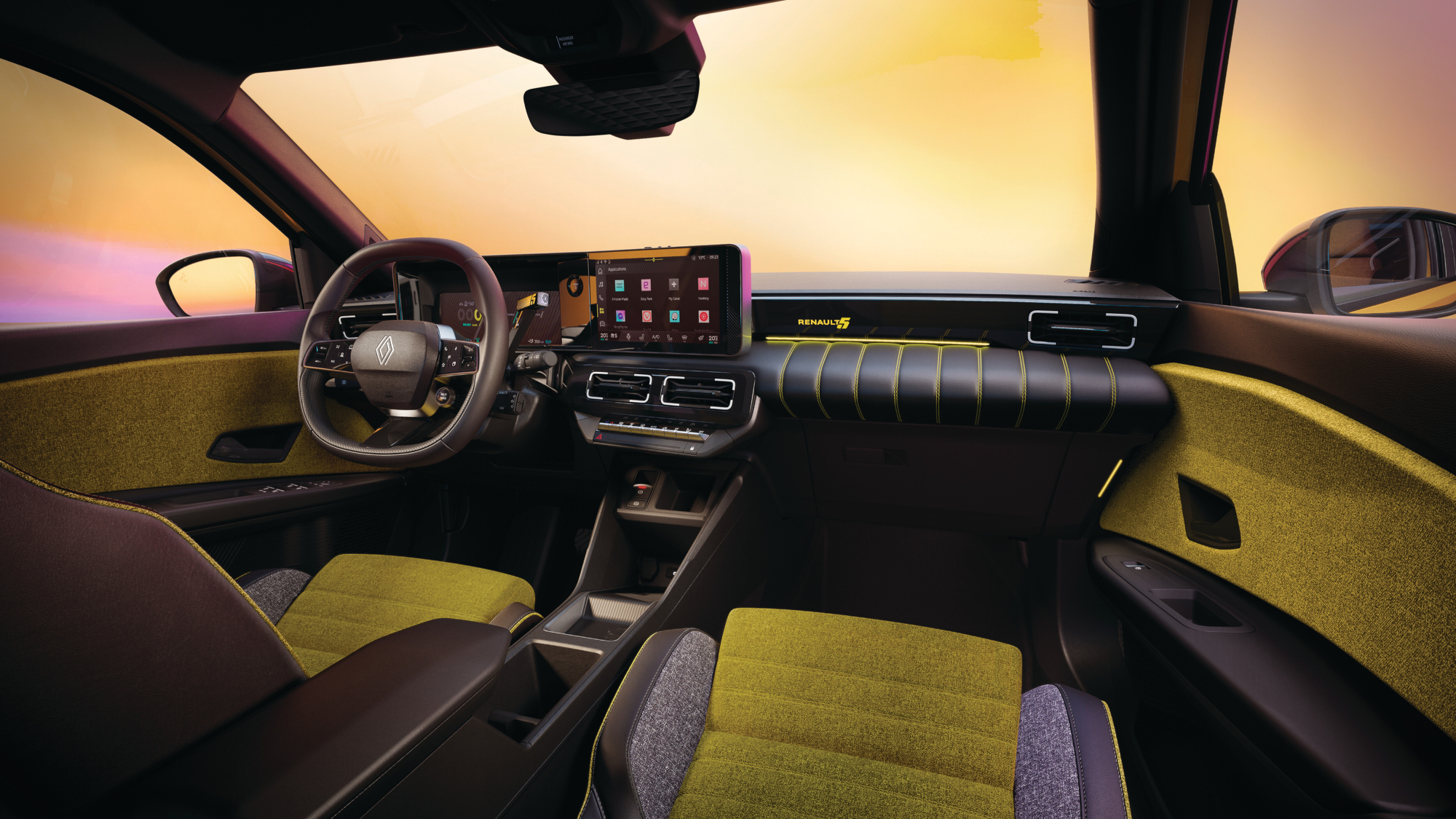
Although global EV sales increased by 35% in 2023, they declined in 2024. In June, new car sales in the European Union rose 4.3% to their highest since July 2019, while registrations of battery electric cars fell marginally.

